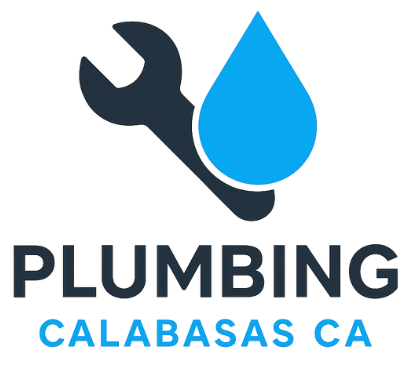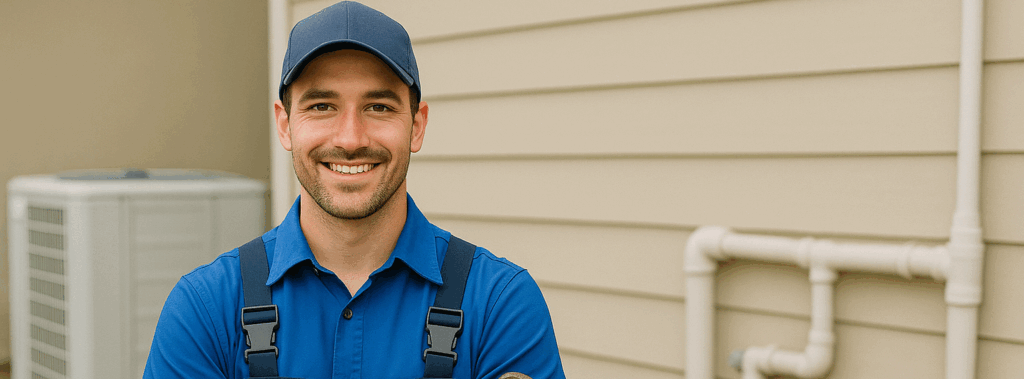Hidden leaks are one of the most common yet overlooked issues that homeowners face. They can cause significant damage over time – ruining walls, ceilings, floors, and even the foundation of your home. The longer a leak goes undetected, the higher your water bills and the greater the repair costs. Fortunately, by learning how to detect hidden leaks early, you can protect your home and save money in the long run.
In this guide, we’ll walk you through the most effective ways to identify hidden leaks in your home, the common signs to look for, and what steps you can take to fix the problem before it worsens.
Monitor Your Water Bill
One of the easiest ways to detect a hidden leak is by keeping an eye on your monthly water bill. If you notice a sudden, unexplained increase in usage – even though your daily habits haven’t changed – it’s a red flag that water might be escaping somewhere in your plumbing system. Compare your bills over several months to spot any upward trends that could indicate a leak.
Check the Water Meter
Your water meter can be one of your best tools for leak detection. Here’s how to use it:
-Turn off all faucets and water-using appliances in your home.
-Locate your water meter, usually found near the curb or outside wall.
-Take an initial reading and wait 30 minutes to an hour without using any water.
-If the meter reading changes, it’s a sign that water is still flowing through your pipes, indicating a possible hidden leak.
This simple test can help confirm whether you need to start looking deeper into your plumbing system for issues.
Look for Visible Signs of Water Damage
Even if leaks are hidden behind walls or under floors, they often leave visible clues. Be on the lookout for:
Discolored or bubbling paint – A sure sign that moisture is trapped behind your walls.
Soft or warped flooring – Indicates water damage from underneath.
Stains on ceilings or walls – Water leaks from pipes above can cause yellow or brown marks.
Mold or mildew growth – Persistent dampness encourages mold in corners or behind fixtures.
If you notice any of these signs, it’s best to call a professional plumber to assess the situation before the damage spreads.
Listen for Dripping or Running Water
Sometimes, your ears can detect what your eyes can’t. When your home is quiet, listen closely for the sound of dripping water, hissing, or faint running noises within walls, ceilings, or under floors. These sounds often point to a leaking pipe, especially if they persist even when all taps are turned off.
Use Food Coloring to Test Toilets
Toilets are one of the most common sources of hidden leaks. You can test yours easily using food coloring:
-Add a few drops of food coloring into the toilet tank.
-Wait about 15–20 minutes without flushing.
-If colored water appears in the bowl, it means water is leaking from the tank into the toilet.
This small leak can waste gallons of water daily, so it’s important to replace the flapper or valve as soon as possible.
Inspect Outdoor Areas
Hidden leaks aren’t limited to the inside of your home. Outdoor plumbing, irrigation systems, and hose connections can also be culprits. Look for unusually damp soil, puddles forming when it hasn’t rained, or greener patches of grass – these may indicate underground leaks. If you suspect an outdoor issue, turn off the irrigation system and monitor your meter again to confirm.
Check Appliances and Fixtures
Leaks can often start near appliances such as washing machines, dishwashers, or water heaters. Regularly inspect the hoses and connections for moisture, corrosion, or cracking. Similarly, check under sinks and around tubs or showers for pooling water or damp cabinets. Replacing worn-out hoses and seals is an inexpensive way to prevent future leaks.
Use a Moisture Meter or Infrared Camera
Modern technology makes leak detection easier than ever. A moisture meter can measure the level of dampness behind walls or under flooring, while an infrared camera can detect temperature differences caused by water leaks. These tools are invaluable for identifying leaks without tearing open walls or flooring unnecessarily. Many professional plumbers in CA use these advanced devices to pinpoint hidden leaks quickly and accurately.
Be Alert to Musty Odors
A musty or earthy smell inside your home is often a telltale sign of hidden moisture. If you can’t see any visible mold or water stains, the leak could be concealed behind walls or under floors. Persistent odors are a warning sign to investigate further or call in a professional for inspection.
Call a Professional Leak Detection Service
While many small leaks can be found with DIY methods, others require expert equipment and experience. Professional plumbers have specialized leak detection tools – like acoustic sensors, thermal imaging cameras, and pressure testing devices – to identify even the smallest leaks without causing damage to your home. Hiring a licensed plumbing professional in CA ensures that the leak is properly repaired and prevents future issues from recurring.
Why Early Leak Detection Matters
Ignoring a hidden leak can lead to serious consequences. Over time, small leaks can cause structural damage, promote mold growth, and waste thousands of gallons of water annually. Early detection not only saves you from expensive repairs but also helps conserve water and maintain your home’s value.
Preventive Measures to Avoid Hidden Leaks
While detecting leaks is important, preventing them is even better. Here are a few proactive steps you can take:
-Schedule regular plumbing inspections, especially before winter.
-Replace old pipes or worn-out seals before they fail.
-Keep an eye on water pressure – too much pressure can strain pipes.
-Insulate exposed pipes to prevent freezing and bursting.
-Check for leaks after any home renovation or plumbing installation.
Hidden leaks can quietly wreak havoc on your home if left unchecked. By staying vigilant, regularly monitoring your water usage, and inspecting high-risk areas, you can catch problems early and save yourself from major water damage. And if you ever suspect a hidden leak but can’t locate it, don’t hesitate to contact your trusted plumbing experts in CA. Professional help ensures your plumbing system stays efficient, reliable, and leak-free all year round.

